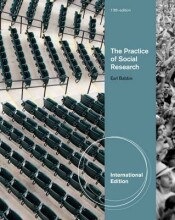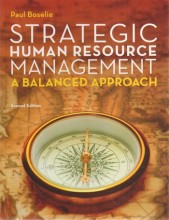Inquiry, theory and paradigms
15 important questions on Inquiry, theory and paradigms
What are primary documents?
- Answers to open questions in a survey
- Transcripts of unstructured and semi structured interviews.
- Party platforms, annual business reports
- e-mails, tweets
- newspaper articles
- policy documents
- movies or pictures
What is content analysis?
What is deductive coding?
- Higher grades + faster learning
- Never study anything twice
- 100% sure, 100% understanding
What is inductive coding?
What are the steps in content analysis?
- Formulate the research question with variables & units of analysis.
- Select primary document
- Develop an operationalization, a 'coding scheme'
- Code the text (maybe updating coding scheme)
- draw conclusions
- report your methods and findings
Which two types of observation mistakes are there?
- Random errors
- Systematic errors
What are Systematic errors?
systematic error is associated with bias/invalidity, not with unreliability.
Where does measurement reliability refers to?
Where does measurement validity refers to?
Measure what you intend to measure.
What is content validity?
When is an observation accurate?
- Precies (grams is better than kilo)
- Reliable
- valide
What are the sources of mistakes at the level of units?
- Errors in the operationalization
- errors made by the interviewer
- errors made by the interviewed person
What can be the source of random errors?
- Does everyone know what the subject is?
- Do the all have an opinion about the subject?
What is the difference between deterministic and probabilistic?
- Deterministic data is about fact that we can trust 100%. These facts will never change.
- Probabilistic data is data about, for example people, where the oucomes can change and varying.
What is a Spurious relationship?
The question on the page originate from the summary of the following study material:
- A unique study and practice tool
- Never study anything twice again
- Get the grades you hope for
- 100% sure, 100% understanding
































